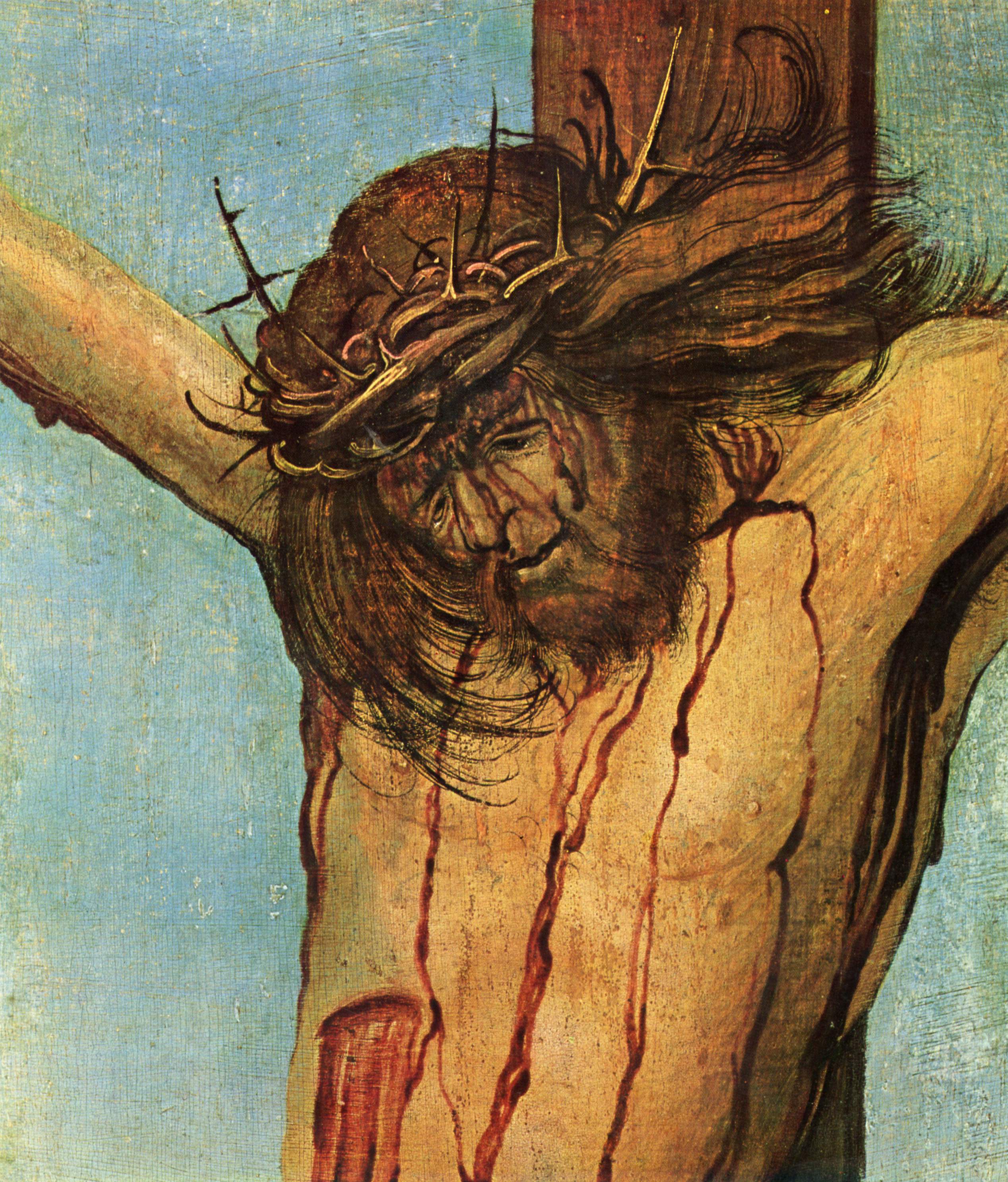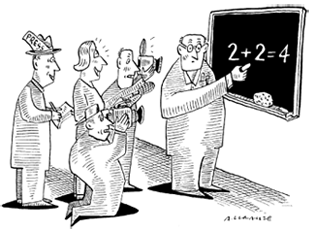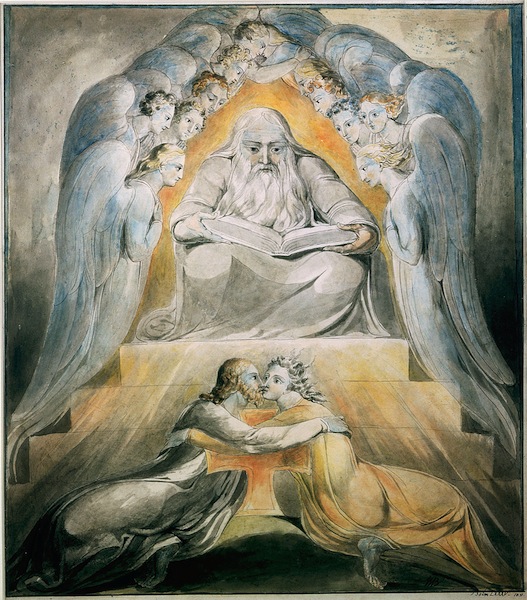Prayer

We might, to start with, note that, when we pray, we should not be in too much of a hurry to think about God. We should think about ourselves and what we need. And we should present this before God. If you want to know why you should pray; the short answer is that God wants you to. And not because he craves for your attention and wants you to flatter him, but because he loves you and wants what is best for you and because praying is very good for you. Of course your prayer doesn’t do anything for God, still less could it change God. God is just totally and absolutely and unconditionally in love with you and stays that way without a shadow of alteration.
Prayer is good for us first of all because in prayer (I mean real prayer: asking for what we want) we understand more deeply that we are children of God and that he is our loving Father. And there is nothing selfish about that. It is normal human behaviour. What would you think of a child who never asked her parents for anything? What would her parents think of her? Would they think her to be unselfish? Or would they think her to be a dreadful little prig?
When you pray, consider what you want and need and never mind how vulgar or childish it might appear. If you want very much to pass that exam or get to know that girl or boy better, that is what you should pray for. You could let world peace rest for a while. You may not be ready yet to want that passionately. When you pray you must come before God as honestly as you can. There is no point in pretending to him. One of the great human values of prayer is that you face the facts about yourself and admit to what you want; and you know you can talk about this to God because he is totally loving and accepting. In true prayer you must meet God and meet yourself where you really are, for it is just by this that God will move you on from where you really are. For prayer is a bit of a risk. If you pray and acknowledge your most infantile desires, there is every danger that you may grow up a bit, that God will grow you up. When (as honestly as you can) you speak to God of your desires, very gently and tactfully he will often reveal to you that in fact you have deeper and more mature desires. But there is only one way to find this out: to start from where you are. It is no good pretending to yourself that you are full of high-minded aspirations. You have to wait until you are. If a child is treated as though she were already an adult, she will never become an adult. Prayer is the way in which our Father in heaven leads each of us by different paths to be saints, that is to say, with him.
In: Herbert McCabe, God, Christ and Us




